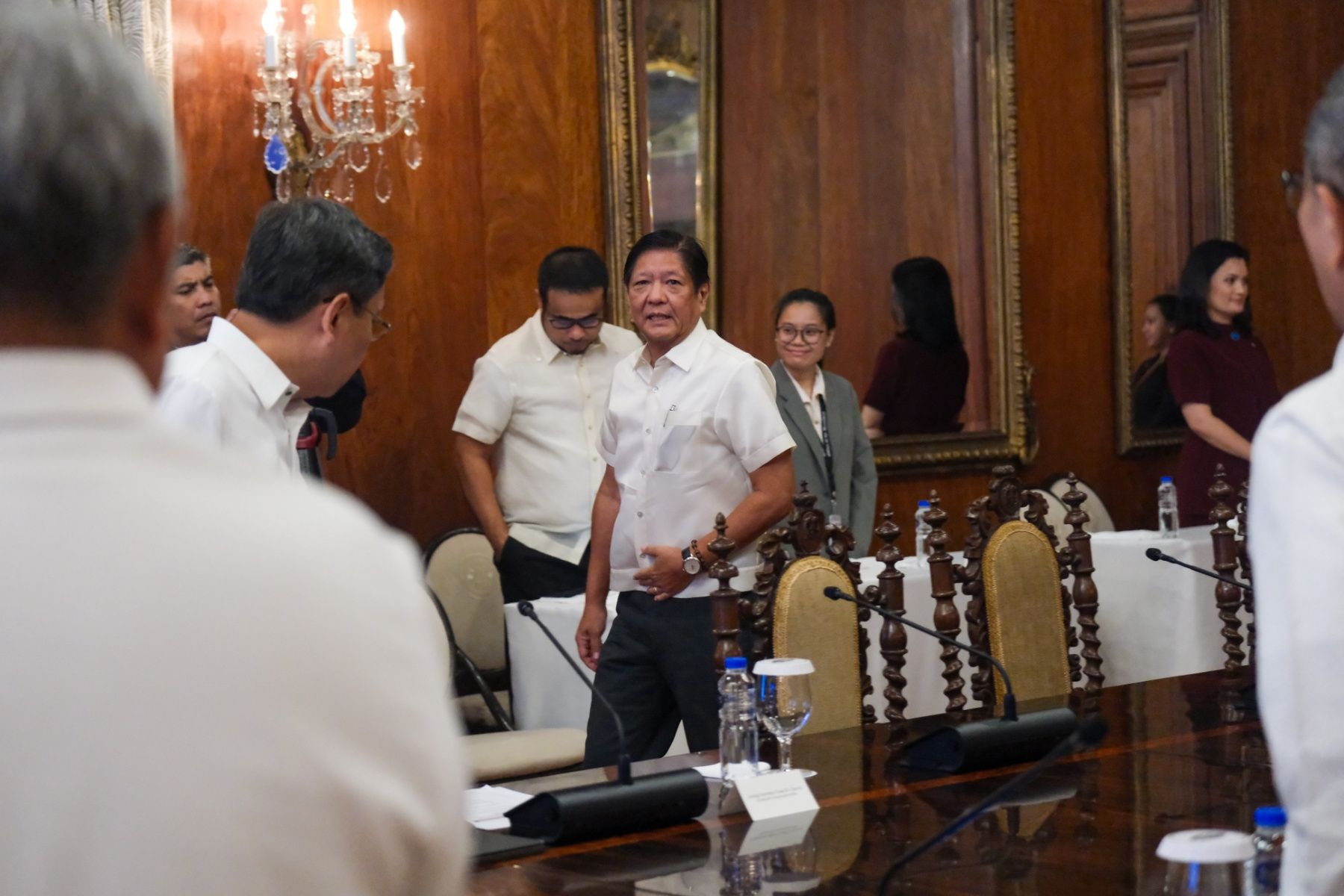Gov't must provide incentives to attract e-vehicle investors—Marcos
Giving incentives is a must, if the Philippines wants to attract more investors into the country's e-mobility industry.

Marcos made the remark during a sectoral meeting at the Malacañan Palace on Tuesday, Oct. 22, where he met with officials of the Department of Science and Technology (DOST) and concerned agencies to discuss how to develop and sustain the Philippine e-mobility industry through science, technology, and innovation.
The President said he wants enhanced initiatives to boost the country’s e-mobility industry, stressing the need to provide incentives to attract more investors.
“We need investors to come in. Of course we’ll provide incentives from the government. That’s what we need to do. We need incentives for investors to come in. Hopefully local," Marcos said during the meeting.
"But we’ll take anybody who’s interested. But then they will have to undertake the production design to scale it up to a level to actually make a difference to the market,” he added.
He further saic that design is not the problem in terms of the country's e-mobility, but the scaling of the industry.
“We’re always running into the same problem – it’s the scaling. Production design. Then the investment. How do we (attract investments). That's the hardest part of this. A high school science student can design an e-trike. Walang problema yun (There is no problem with that) because again the technology is so simple, so well-understood. But it’s the scaling,” Marcos said.
According to DOST Secretary Renato Solidum Jr., potential investors are just waiting for a policy statement from the government.
Manufacturers and fabricators are also waiting for a government policy, Solidum said, stressing the e-mobility industry will create more jobs on maintenance, after-sales service and other services.
In terms of government policy, the Department of Trade and Industry (DTI) is creating a strategic roadmap under the Electric Vehicle Industry Development (EVIDA) to formulate policies and come up with possible incentives to support e-vehicles.
Another initiative is by working with locally owned ToJo Motors to figure out the necessary policies to make it conducive for locally manufactured e-vehicle, specifically e-trikes and e-jeepneys to operate in the Philippines.
In terms of production, Solidum told the President that e-trikes will soon be mass produced in Isabela, noting many customers are waiting for electric trikes in the market.
Officials in General Santos City, along with tricycle operators, are also interested, Solidum said. Local agri-machinery manufacturers could help speed up trike production, he added.
As of Oct. 18, there are 25,196 registered e-vehicles (EVs) and 705 EV charging stations (EVCS) in the country, with 92 accredited EVCS providers. Those providers generated 10,407 new jobs and some P1.99 billion in investments.